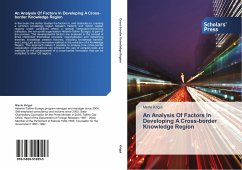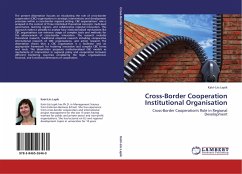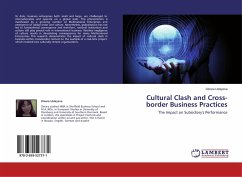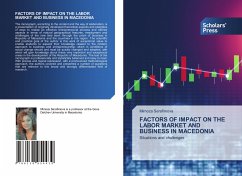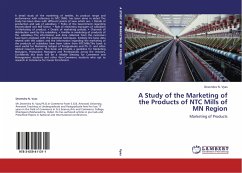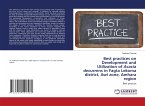In this book, the author studies the factors in, and obstacles to, creating a common knowledge region between Helsinki and Tallinn capital regions under conditions where a special integration-enhancing institution, the non-profit organisation Helsinki-Tallinn Euregio, is part of the process. The developmental factors are analysed in the context of three interlinked theoretical concepts: regionalisation and networking theories, knowledge creation theories, including knowledge transfer, and Living Lab as an innovative method in the evolution of a Knowledge Region. This approach makes it possible to analyse how cross-border cooperation organisations can enhance the use of complex tools and methods for the advancement of a cross-border innovation that can be multiplied to other CB regions.

